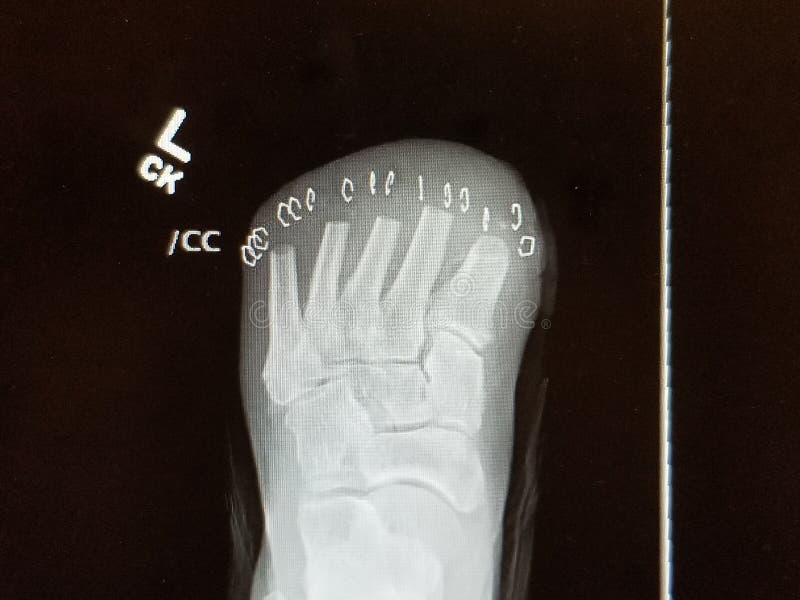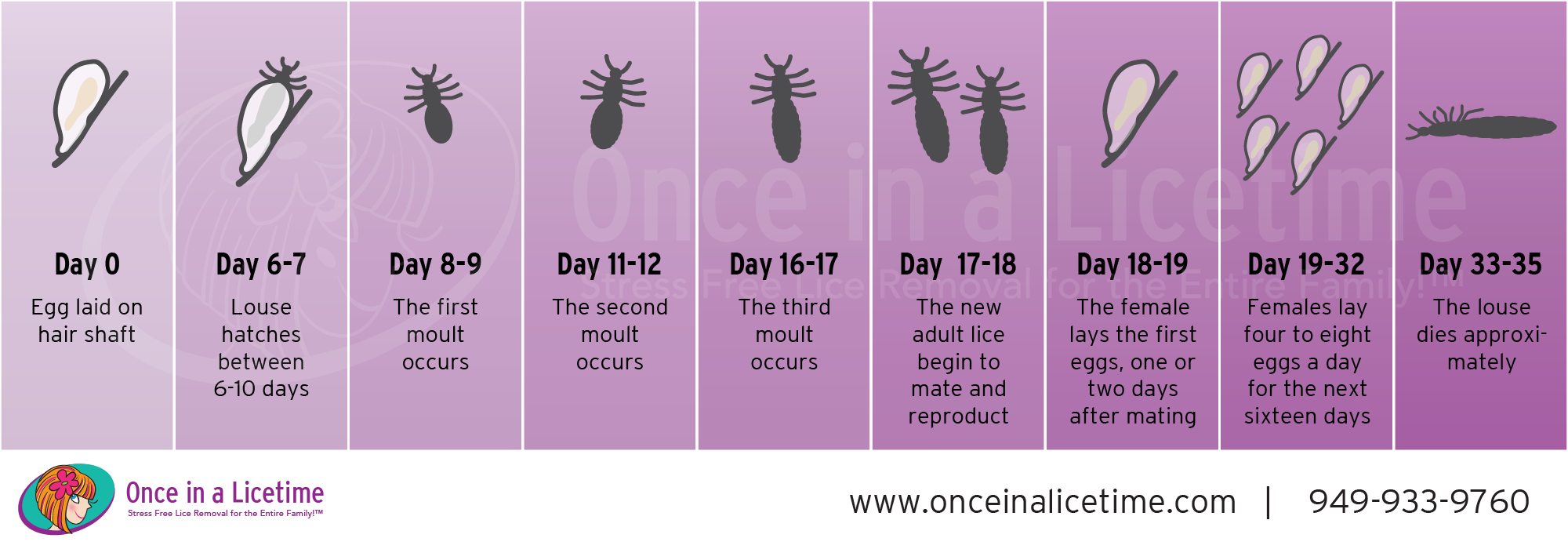10 Tmj Remedies To Relieve Earaches
The temporomandibular joint (TMJ) is a complex system of bones, muscles, and ligaments that connects the jawbone to the skull. When this joint becomes inflamed or irritated, it can cause a range of symptoms, including earaches. In fact, many people who experience TMJ disorders (TMDs) also report ear pain or discomfort. If you’re one of them, don’t worry – there are several effective TMJ remedies that can help alleviate earaches and other related symptoms.
To understand why TMJ remedies can help with earaches, it’s essential to recognize the close relationship between the TMJ and the ear. The TMJ is located just in front of the ear canal, and the muscles that control jaw movement are also connected to the middle ear. When the TMJ becomes inflamed or irritated, it can put pressure on the surrounding nerves and tissues, leading to ear pain and discomfort.
Here are 10 TMJ remedies that can help relieve earaches:
Jaw exercises: Gentle jaw exercises can help relax the muscles and reduce tension in the TMJ. Try opening your mouth as wide as you can, then closing it slowly. Repeat this process several times. You can also try massaging your jaw muscles with your fingertips in a circular motion.
Heat or cold therapy: Applying heat or cold packs to the affected area can help reduce pain and inflammation. Try using a warm washcloth or a cold compress for 10-15 minutes, several times a day. Some people find that alternating between heat and cold provides the most relief.
Over-the-counter pain relievers: Over-the-counter pain relievers such as ibuprofen or acetaminophen can help alleviate ear pain and reduce inflammation. However, be sure to follow the recommended dosage and consult with your doctor before taking any medication.
TMJ stretches: TMJ stretches can help improve jaw mobility and reduce tension. Try placing your fingers on your TMJ and opening your mouth as wide as you can. Hold for 10 seconds, then release. Repeat this process several times.
Relaxation techniques: Stress and anxiety can exacerbate TMJ symptoms, including earaches. Practicing relaxation techniques such as deep breathing, meditation, or yoga can help reduce stress and promote relaxation.
Dietary changes: Eating a soft-food diet can help reduce strain on the TMJ and alleviate ear pain. Avoid chewing gum, crunchy foods, or hard candies, and opt for soft foods like yogurt, soup, or scrambled eggs instead.
Massage therapy: Massage therapy can help relax the muscles and improve blood flow to the affected area. Try massaging your jaw muscles, neck, and shoulders with a gentle, circular motion.
Acupuncture: Acupuncture involves inserting small needles into specific points on the body to stimulate healing and relaxation. Some people find that acupuncture helps alleviate TMJ symptoms, including earaches.
Physical therapy: A physical therapist can help you develop a personalized exercise program to improve jaw mobility and reduce tension. They can also provide guidance on proper posture and body mechanics to reduce strain on the TMJ.
Customized mouth guard: A customized mouth guard can help reduce teeth grinding and clenching, which can exacerbate TMJ symptoms. Your dentist can create a custom mouth guard that fits your teeth and helps redistribute the forces of biting and chewing.
What are the most common symptoms of TMJ disorders?
+Common symptoms of TMJ disorders include earaches, jaw pain, clicking or popping sounds when opening or closing the mouth, and difficulty chewing or swallowing. Some people may also experience headaches, toothaches, or ringing in the ears.
Can TMJ remedies help with other related symptoms, such as headaches or toothaches?
+Yes, many TMJ remedies can help alleviate related symptoms such as headaches or toothaches. For example, relaxation techniques like deep breathing or meditation can help reduce stress and promote relaxation, which can help alleviate headaches. Similarly, dietary changes like avoiding hard or crunchy foods can help reduce strain on the TMJ and alleviate toothaches.
How long does it take to see results from TMJ remedies?
+The length of time it takes to see results from TMJ remedies can vary depending on the individual and the severity of their symptoms. Some people may experience relief within a few days or weeks, while others may take several months to notice significant improvement. It's essential to be patient and consistent when trying TMJ remedies, and to consult with a healthcare professional if symptoms persist or worsen.
In conclusion, TMJ remedies can be an effective way to alleviate earaches and other related symptoms. By trying out these 10 remedies and consulting with a healthcare professional, you can take the first step towards finding relief and improving your overall quality of life. Remember to be patient and consistent, and don’t hesitate to reach out for help if you need it.
Key Takeaway: TMJ remedies can help alleviate earaches and other related symptoms by reducing tension and inflammation in the TMJ. By trying out these 10 remedies and consulting with a healthcare professional, you can take the first step towards finding relief and improving your overall quality of life.
Pros and Cons of TMJ Remedies
| Pros | Cons |
|---|---|
| Can help alleviate earaches and other related symptoms | |
| Can be done at home with minimal equipment | |
| Can be combined with other therapies for enhanced relief |

